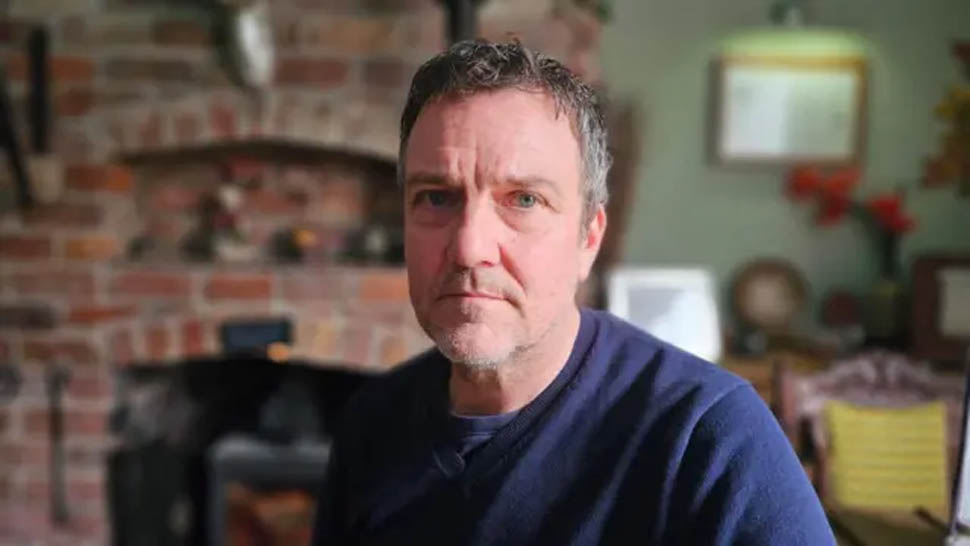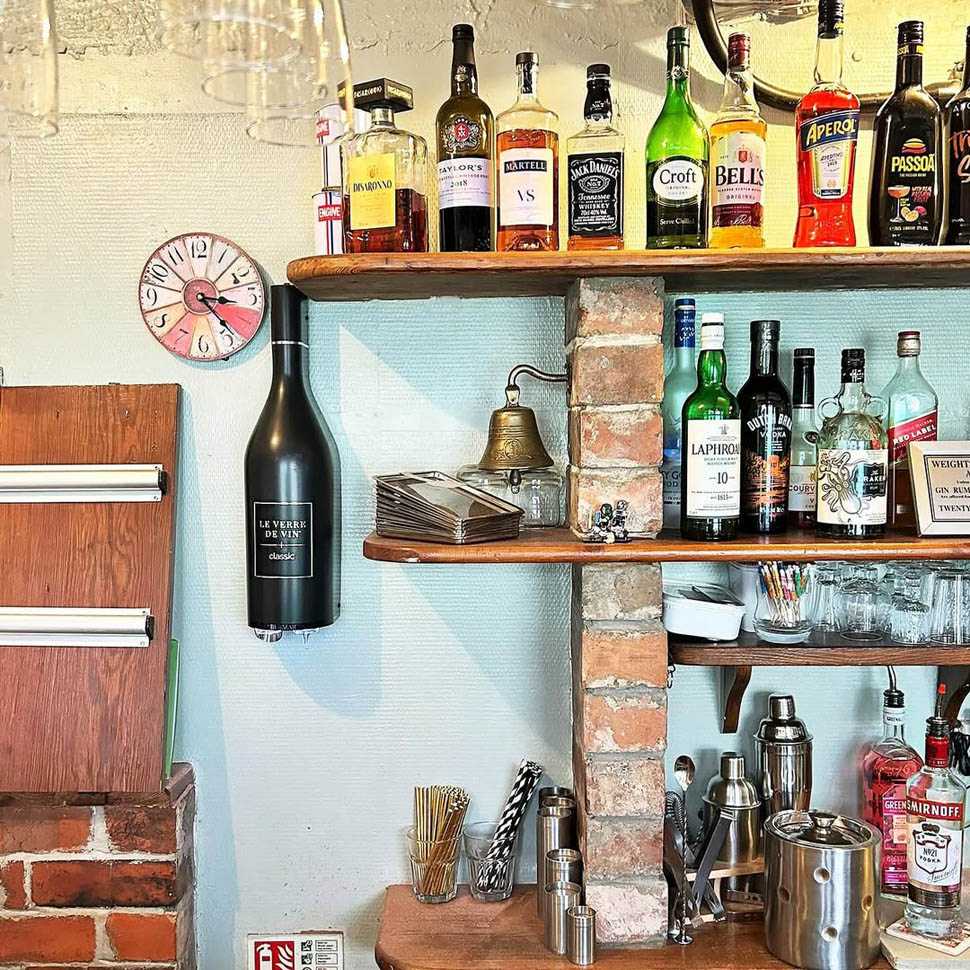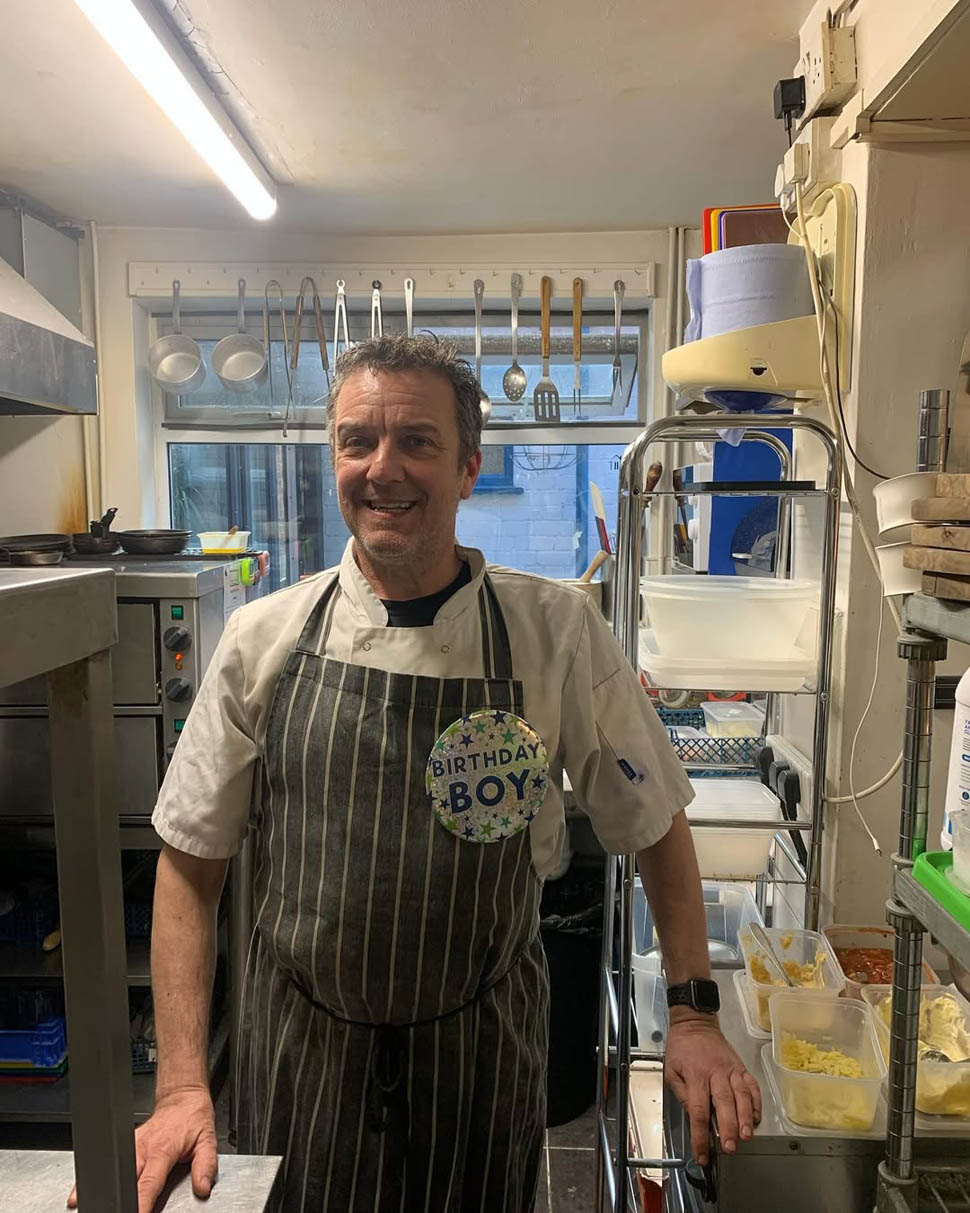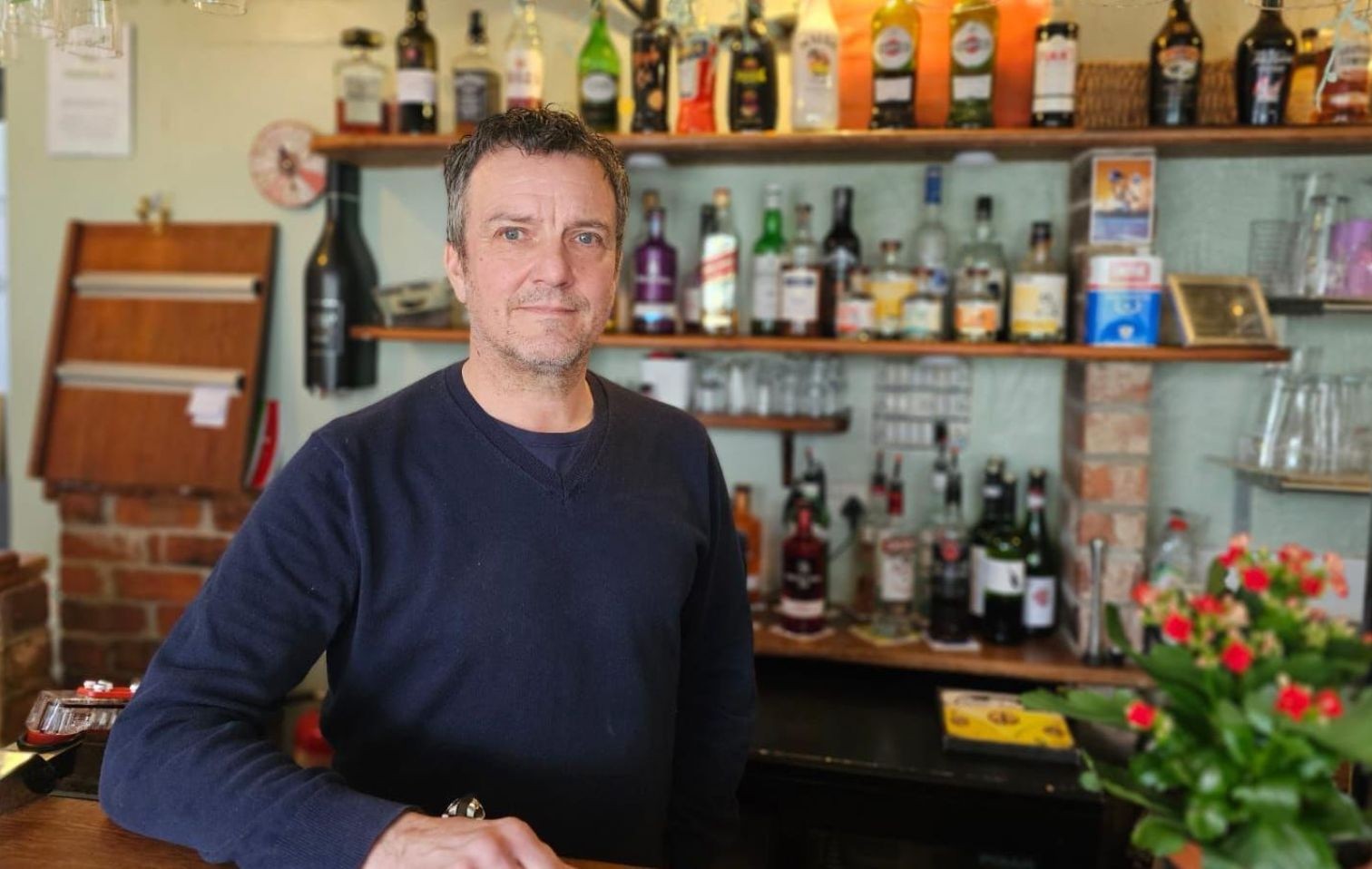“I can't pay my staff as much as they deserve: between bills and food prices, catering is strained.” Scott Farr's confession.
On the cover: photo taken from the BBC website
The News
There is a special charm to family-owned restaurants, those that carry on tradition and passion with the warmth of a flame that has burned for generations. For Scott Farr, a lifelong chef and owner of the School House restaurant in Derbyshire, that flame has begun to fade under the weight of an unforgiving economy. “Being a chef is all I've ever known how to do,” Scott tells BBC, with a look full of emotion as he announces, amidst a thousand difficulties, his decision to close his restaurant. A place that, over the years, has been his dream, but has now become unsustainable to maintain. Scott's venture into the restaurant business has deep roots, beginning at just 10 years old in the kitchen of his grandfather's pub. Now, at 56, with decades of experience behind him and a career that has seen him move from the stoves of large-scale events to the more intimate tables of his restaurant, Scott finds himself coming to terms with a bitter reality.

"It was not an easy decision. I did everything I could, but I still feel I let my staff down," he admits with a broken heart. The closure, set for April 11, comes after a year in which Scott has tried to survive by working two other jobs, in addition to running the restaurant, in order to secure a paycheck. Rising costs of living, high energy prices and rising minimum wages have created what Scott calls “the perfect storm.” “Wages went up last April and that's when the problems started. Now, with a new increase scheduled for April 2025, I can't make it anymore."

The minimum wage for those over 21 will rise from 11.44 to 12.21 pounds, while for 18- to 20-year-olds it will increase from 8.60 to 10 pounds. Despite his desire to offer more to employees, the economic reality is merciless. "My suppliers, small and independent, are struggling as we are. With energy and fuel costs constantly rising, they have no choice but to raise prices. It's like a shipwreck: the boat has sunk and there's no way to save it." Alongside the restaurant, Scott has devoted himself to two jobs: teaching basic cooking to vulnerable people at West Notts College and working as a cook in welfare facilities. However, even these efforts were not enough to stem the losses. “Why should people have to pay 40 pounds for a steak, even though that's what we should really be asking for to cover the costs?” he wonders. It's a harsh reality, reflecting an industry in crisis: according to UKHospitality, more than 17,000 businesses in the restaurant industry disappeared from 2019 to 2024.

Despite everything, Scott found comfort in the warmth of his community. The video announcing the closure was received with affection and solidarity. "I haven't received a single negative comment. If I could monetize all this love, I would have not just a restaurant, but a chain." Now the School House is for sale, but finding someone willing to take it over as a restaurant seems an impossible task. “Who would jump into this industry today?” reflects Scott bitterly.

With the cost of living skyrocketing and economic hardships becoming more pressing, Scott Farr's story is not an isolated case, but a reflection of a broader crisis. According to UKHospitality, the industry will face a £3.4 billion increase in April alone, largely due to increases in social security contributions. And while the government defends the minimum wage increase as a step toward a “fair wage,” for many small business owners like Scott this fairness seems a pipe dream. Scott Farr will close the doors of his restaurant next month, but his story is a reminder to an industry struggling to survive. In his weary smile, however, you can still read the love for a profession that, despite everything, remains inextricably linked to its identity.











